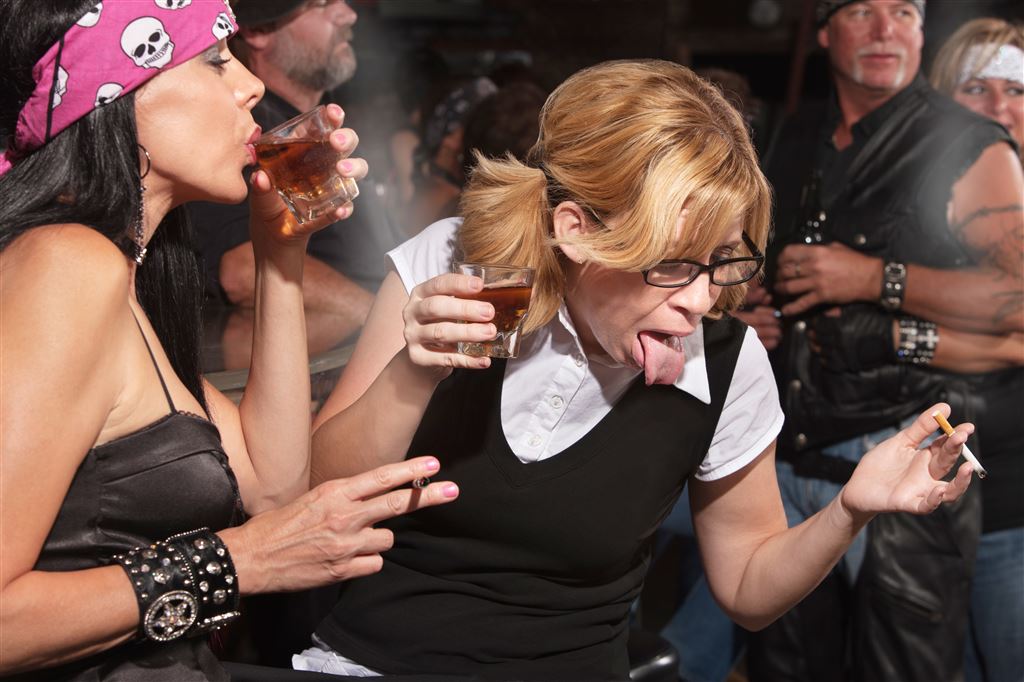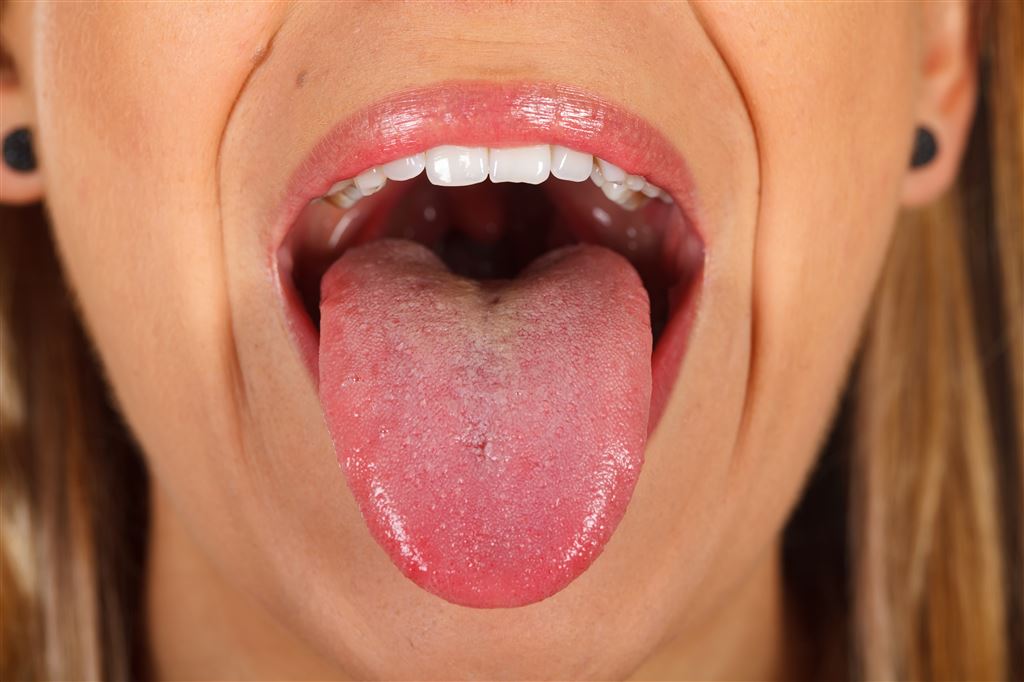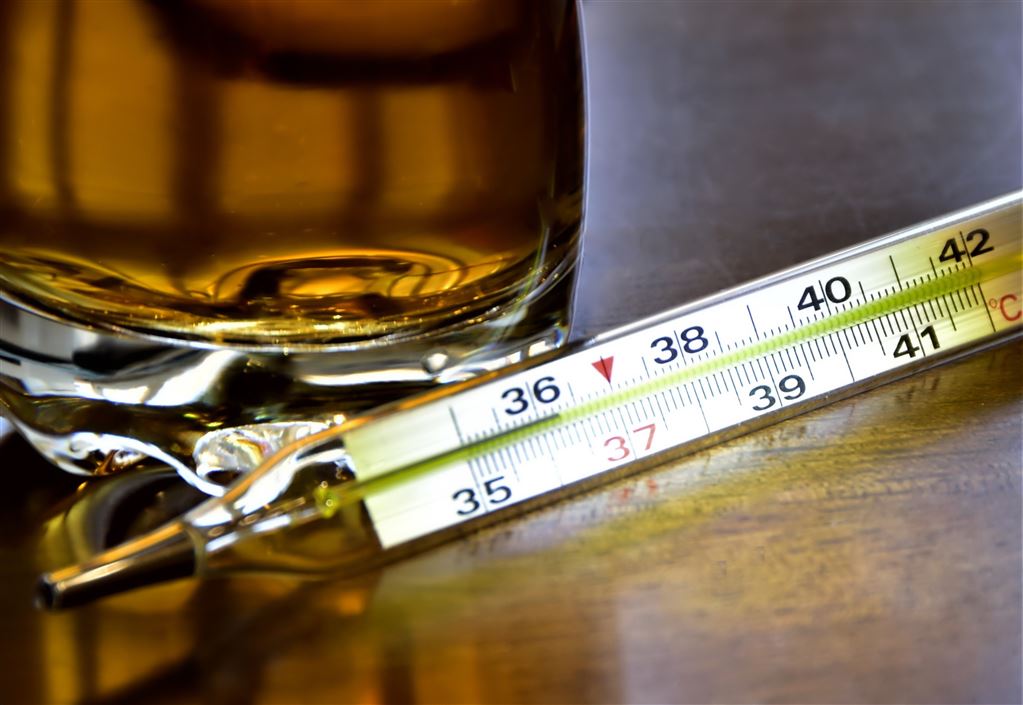Bourbon enthusiasts and those new to the bourbon-tasting experience want to enjoy their whiskeys to the fullest. With that in mind, it is essential to understand what things can adversely influence bourbon taste. Here are seven things that can negatively impact the taste of bourbon or other whiskeys.

1. What You Eat Before Drinking Bourbon
Sugary foods such as decadent cakes with icing and pies or spicy foods containing acidic properties (tomatoes, citrus fruits, etc.) will negatively impact the bourbon taste. It is important to properly cleanse your palate after eating these things with plain white bread, plain tortilla chips, or crackers. Brushing your tongue and teeth with water can assist in cleansing your palate. The cleansing of a palate is generally associated with wine tasting, but the same principles apply to those who enjoy the bourbon-tasting experience. Interestingly, beef is another palate cleanser that can enhance bourbon flavor.
2. Colds/Flu/Allergies
As a result of congestion, colds, flu, and allergies can negatively impact your enjoyment of bourbon. When suffering from these ailments, people often complain that they have lost their sense of taste. The fact is that they have only lost their sense of smell, a key component of how we taste. The sense of smell is so closely linked to taste that some medical professionals state, "smell is taste."
3. Smoking
Regularly smoking a cigarette or cigar can significantly impact, dull, or even destroy your taste buds. Many studies have proven that smokers show significantly lower taste sensitivity than nonsmokers. Smoking places the taste buds in contact with irritants, carcinogenic molecules, heavy metals, carbon monoxide, and nicotine, considerably decreasing the taste buds' ability to register salty, sweet, sour, and bitter tastes.
4. Drinking Technique

Our tongues allow us to taste sweet, salty, sour, savory, and bitter things. While every part of the tongue can taste these things (contrary to popular belief), particular tongue areas are more sensitive to specific flavors or simply more sensitive in general. For instance, the tip and edges of the front of the tongue are particularly sensitive to tastes. People who guzzle their alcohol bypass the tip and edges of their tongue and, as a result, do not get the whiskey's full flavor, making it seem harsher. When drinking bourbon for the tasting experience, it is best to allow the alcohol to hit the front of your tongue first and then move the alcohol back to your throat over the entirety of the tongue.
5. The Temperature of the Whiskey

Warmer temperature bourbons and other whiskeys have a more intense flavor than cold bourbons, even though the flavor concentration is the same. Drinking bourbon at room temperature and neat appears to increase our sweetness response and decrease saltiness and bitterness. Conversely, reducing the temperature by freezing whiskey or adding ice increases the reaction to bitterness and sourness. So, don't freeze your bourbon.
6. Illness and Disease
How you taste bourbon can be influenced by illnesses, disease, and brain injuries. When you drink bourbon, taste information is carried from the tongue to the brain to process flavors. If the information processing is hampered by a brain injury or conditions like Alzheimer's and dementia, this will impact your bourbon-tasting experience.
7. Medicine
Prescriptions or over-the-counter medicines like antihistamines or cold medications can significantly alter your sense of taste. Suppose you have recently taken an allergy medicine, for instance, and have noticed the taste of your bourbons changing, lessening, or simply not tasting as great as it usually tastes. In that case, the medicine is probably the cause!
 Avoid the things that can hinder your enjoyment of bourbon.
Avoid the things that can hinder your enjoyment of bourbon.